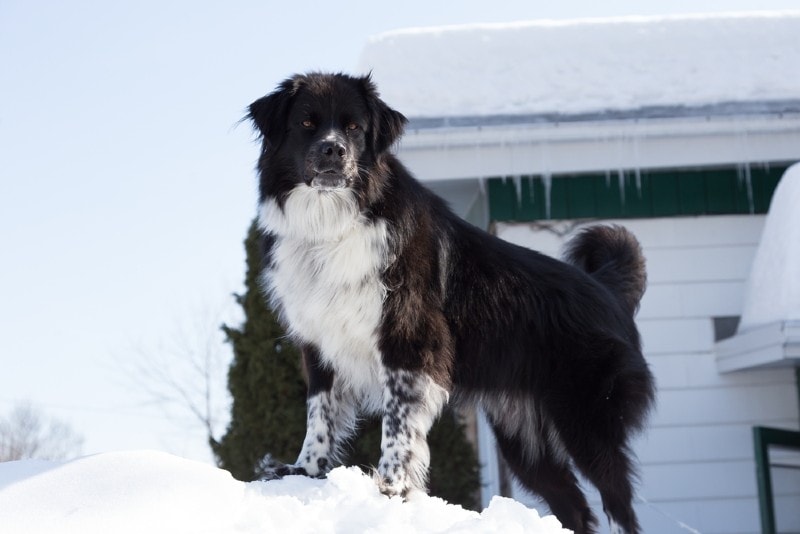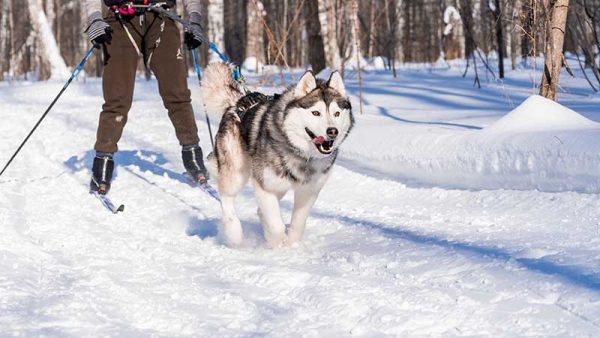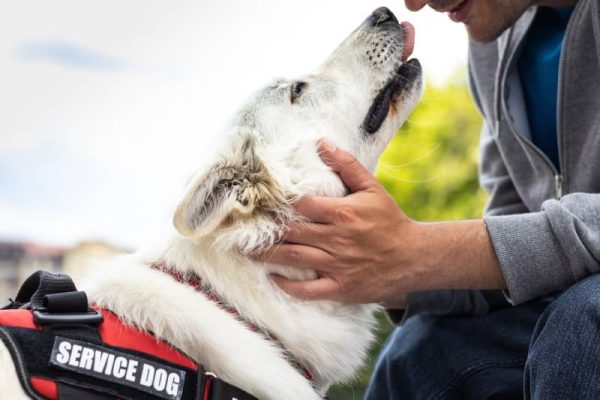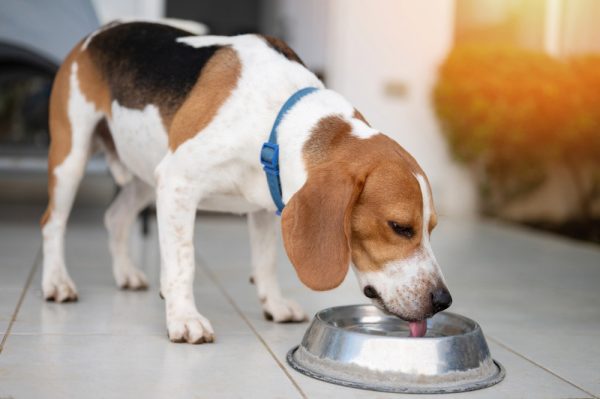In this article
Seasonal changes can affect humans in several ways, particularly in terms of emotions and how our bodies change and react to different climates, but what about dogs?
Dogs most likely react to seasonal changes differently than humans do, but they seem to be attuned to seasonal changes, may be able to sense upcoming weather changes, and are probably affected by these changes. With dogs, this understanding is instinctual because they’ve evolved to adapt to seasonal changes for survival reasons. Many of these conclusions are based on observing canine behavioral and anecdotal reports, while science has focused on the changes in canine behavior relating to changes in the outdoor temperature, daylight hours, and barometric pressure. Let’s explore this further.

How Do Seasonal Changes Affect Dogs?
Seasonal changes can impact dogs in a variety of ways, and different breeds can have different experiences depending on how they’re bred and for which purpose. Here, we’ll explain the changes that go on in your dog’s body with the changing of the seasons.
Metabolic Changes
A dog’s metabolism changes depending on the length of the day and the temperature. In the summer months, you may notice a subtle decrease in appetite because your dog’s metabolism slows down during this time. In the winter, the body requires more energy to keep warm and therefore more nutrients, so it’s normal for dogs to have a stronger appetite during this season.

Behavior & Exercise Changes
Some dogs—brachycephalic breeds like Pugs and French Bulldogs, and long-haired breeds like Alaskan Malamutes in particular—may seek out shady spots in summer and be more reluctant to exercise because they don’t do well in hot temperatures.
On the other hand, breeds that struggle more with hot weather may become more upbeat, active, and playful when the cooler weather hits because they feel more comfortable in general.
All that being said, very hot or very cold weather can be tough on every dog regardless of breed, so it’s important to take precautions to keep them comfortable in both summer and winter. For example, in summer, you’ll want to avoid walking your dog during the hottest times of the day, keep fresh, cool water out at all times, and provide plenty of cool spots in your home for your dog to retreat to.
Health Changes
If your dog suffers from a condition like arthritis, cold weather can really exacerbate the signs and cause more pain, inflammation, and stiffness, due to changes in outside temperature, barometric pressure, and reduced exercise.
During the winter months, keep your arthritic dog nice and warm with a pet-safe heated bed or blanket (please never use ones designed for humans), make sure they stay away from any drafty areas in the home, and provide ramps if your dog has trouble getting up on furniture. Speak to your vet about nutritional supplements and pain relief your dog may benefit from.
In winter, dogs are also at risk of suffering from sore, dry, and cracked skin and paws. Another condition that could develop is frostbite—most commonly on the paws, tail, and ears. Signs include gray or bluish discoloration of the skin, pain and swelling in the affected area, and coldness in the affected area. For this reason, it’s important to avoid letting your dog outside for extended periods during cold weather.
On the other hand, when the weather is very hot, dogs are more at risk of heat stroke, which can be incredibly dangerous. Common causes of heat stroke in dogs include leaving a dog in an unventilated vehicle, leaving a dog outside in the heat with no water or shaded areas to retreat to, and exercising them too much when it’s hot out.

Coat Changes
Spring and fall are the shedding seasons, so you’ll likely spend more time brushing or de-shedding your dog (and vacuuming) during these periods. The coat thickens in winter, and some dogs suffer from dry skin due to the harsh weather conditions. In warmer weather, dogs are more at risk of ticks and fleas because they thrive in warmer climates.

Summing Up
It’s clear that there are a multitude of ways seasonal changes affect dogs in terms of behavior, energy levels, health, and eating habits. Even if you’ve got the happiest, bounciest, most adaptable dog in the world, they’re not immune to extreme weather changes, so it is crucial to make sure they’re as comfortable as possible during blistering summers and frosty winters.
Featured Image Credit: Anne Richard, Shutterstock


















